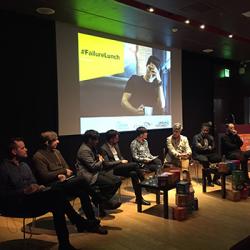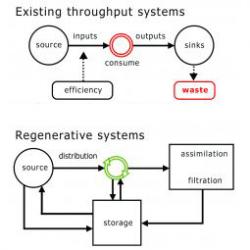
Local projects replicated: Insights from Urban Rural Gothenburg
Social and life sciences are currently (2019) facing a replication crisis, with scholars having found that the results of many scientific studies are difficult or outright impossible to replicate or reproduce on subsequent investigation. This brings to mind the following question: If science, supposedly the most robust platform for knowledge-making and knowledge transfer available, cannot handle replicability effectively, what guarantees do we have that societal “comparative projects” are truly comparable?
In comparative sociology, comparison of social processes between nation states or across different types of society looks for similarities across different countries and cultures to uncover the general processes that underlie apparently different social orderings. This, in turn, forms the basis for the replicability of societal development projects.
In this interim progress report, we look at one such project, ‘Urban Rural Gothenburg’. We firstly evaluate what results have been delivered in view of its initial assumptions, and what can be considered a failure. Secondly, we critically reflect upon what criteria might have been present for either the success or failure of some of its subprojects, respectively. This, we argue, is key for understanding what might work in the context of cross-cultural replication, and what might be considered inappropriate for such a task.
Photo by: Rolf Offerreins/Unsplash.com







